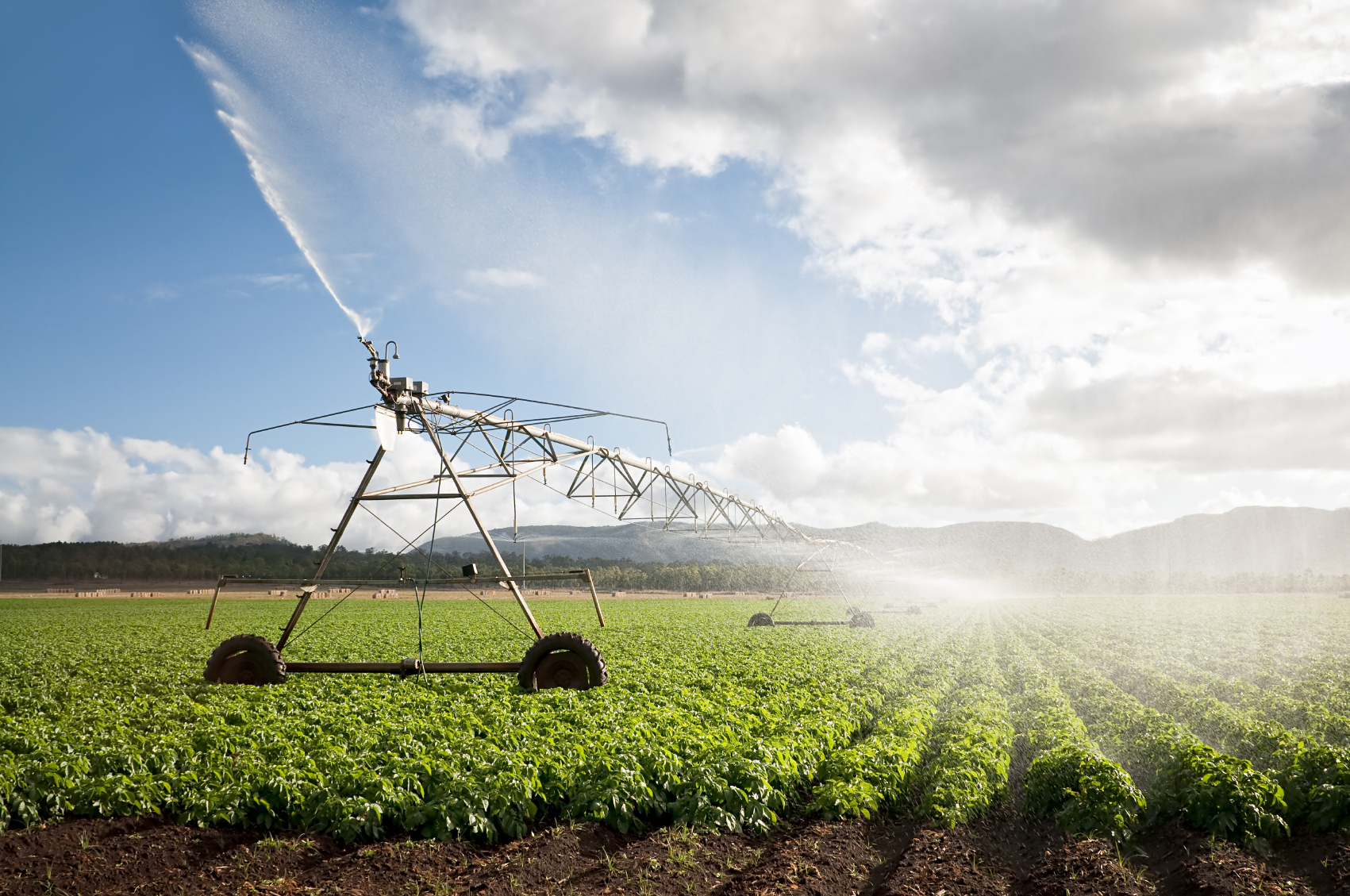
The CLA, which represents landowners, farmers and rural businesses, has said that there will be winners and losers among farms as a result of a Government report published last week.
The Defra report sets out proposals for taking forward reform of the water licensing system. Existing licenses would be replaced with a new abstraction permit which will have volumes that reflect at least current business use, based on past peak water usage over the last 10 years. Implementation of the new system is expected in the early 2020s.
CLA Head of Land Use Policy Damian Testa said: “How we manage precious water supplies is one of the fundamental economic, social and environmental challenges we face. Certainty and security of supply for farm businesses to continue to abstract the water they need to produce food is critical.
“There are likely to be winners and losers from the proposed new system. We welcome the ability to store bonus water in water-scarce catchments when flows are high, and the removal of seasonal restrictions. However if unused licence volumes are removed or restrictions imposed based on average usage, farmers will be hit hard. Not only could this damage food production, but also limit the possibility of the expansion of their businesses, affect capital values and leave jobs at risk too.”
The Defra report suggests that in water-scarce catchments a new water shares system will be introduced.
Mr Testa commented: “There is a possibility that a share-based trading system could in the longer term see farms priced out the market, and there could be commercial implications for primary producers supplying supermarkets.
“This is a complex policy development and requires further careful consideration before any changes are made. We will continue to work with Government as part of the Abstraction Reform Advisory Group to ensure the water abstraction system creates certainty of reliable access to water and gives the industry confidence for the future.”
The reports can be read online here.
